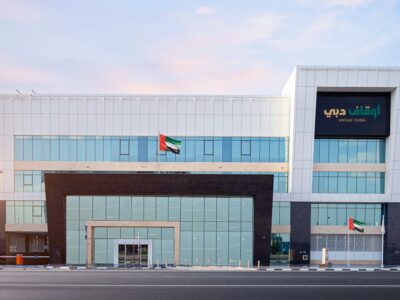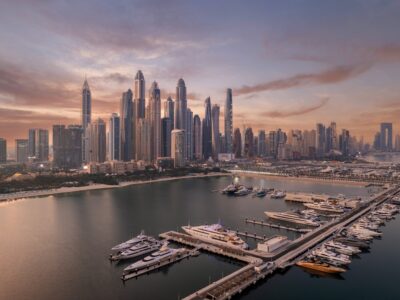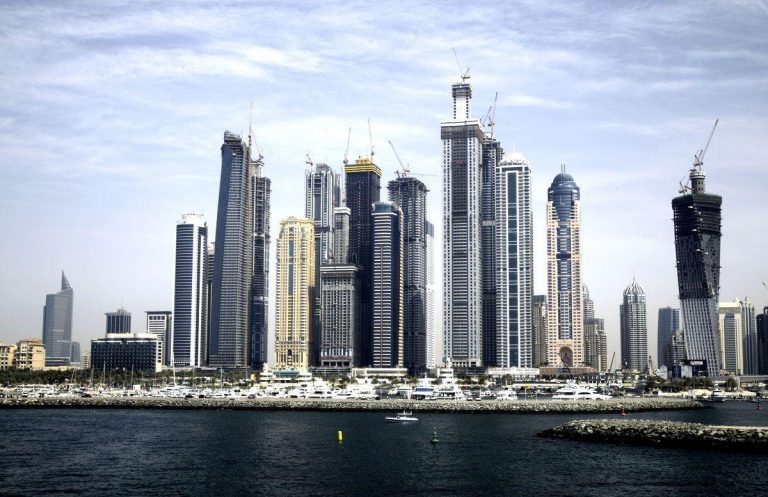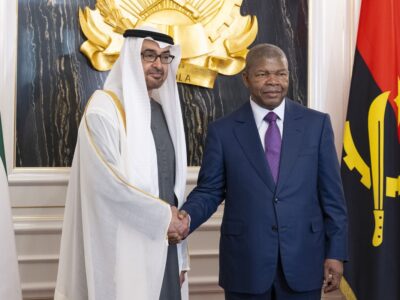House prices in Dubai’s battered real estate market will
slide a further 15 percent by the end of 2011 as fresh supply floods an already
glutted market, analysts said in an Arabian Business poll.
The Gulf’s worst-performing real estate market over the last
three years has seen rents and prices more than halve from their 2008-peak, but
residential costs have further to go, analysts said.
“Average sales rates are likely to be down around ten to
fifteen percent, but this will vary by individual property,” said Matthew
Green, head of research at consultancy CB Richard Ellis.
Lower-tier properties are likely to be worst hit by an estimated
10 to 15 percent fall in rents, said Ian Albert, regional director Middle East
at Colliers International.
“[The lower tier] has been most impacted by the fall in
rents as a significant amount is owned by investors as opposed to owner-occupiers.”
His view was echoed by Michael Michael, Director of Landmark
Properties, who said prime properties would fare better amid an oversupply of
lower-tier real estate.
“Markets such as Discovery Gardens and International City
have witnessed the largest decline, while prime locations such as Downtown Dubai
have witnessed the least,” he said.
Oversupply continues to be a key driver behind falling rents
and prices, analysts said. Colliers calculated that around 13,000 units are due
to come online by the year-end, followed by a further 27,000 properties in
2012.
“Original estimates put considerably more [new properties]
in 2011,” Albert said. “However, there are delays in some of the phased deliveries
of the following projects, pushing them out until 2012 delivery; Jumeirah Golf
Estates, Jumeirah Park and Jumeirah Village South.”
Dubai said in June it had cancelled 217 property projects as
of May 31, following a review of more than 450 projects.
The emirate said it expected a further 237 developments to
be completed “in due course”.
The UAE federal government in June said it would offer three-year
residency visas to owners of properties worth AED1m or more, replacing visas
that require renewal every six months.
The move was seen as an attempt to lure investors back into
its struggling real estate sector, but analysts were divided on whether foreign
buyers would respond.
“The crux of this issue is whether or not buyers will
actually pay a premium just for the visa. This is unlikely because buyers are
value conscious, especially now,” Jesse Downs, director at Jones Lang LaSalle
MENA, said earlier this month.
Though the consensus was that house prices across Dubai had
further to fall, some analysts suggested pockets
of prime property would buck the trend and post small price rises.
“By the end of the year, house prices in the prime projects
– Palm, Marina, Downtown Dubai – will continue to increase at small levels and will
be higher than those prices of 2010,” said Priyesh Patel from Aston Pearl Real
Estate.
“Prices compared to 2010 are definitely on the increase; not
huge, but three to five percent.”
A report by Landmark Advisory this week found prices of
villas in high-end locations had risen 2.8 percent in the last quarter, though apartment
sales had continued to decline.
On Monday, Dahi Khalfan Tamim, Dubai’s chief of police and
head of the country’s budget committee, urged Dubai to slow down the pace of its
real estate development.
“Dubai shouldn’t expand its real-estate sector as it did in
the past,” Khalfan said. ‘‘We should slow activity, and there should be a
ceiling.’’








